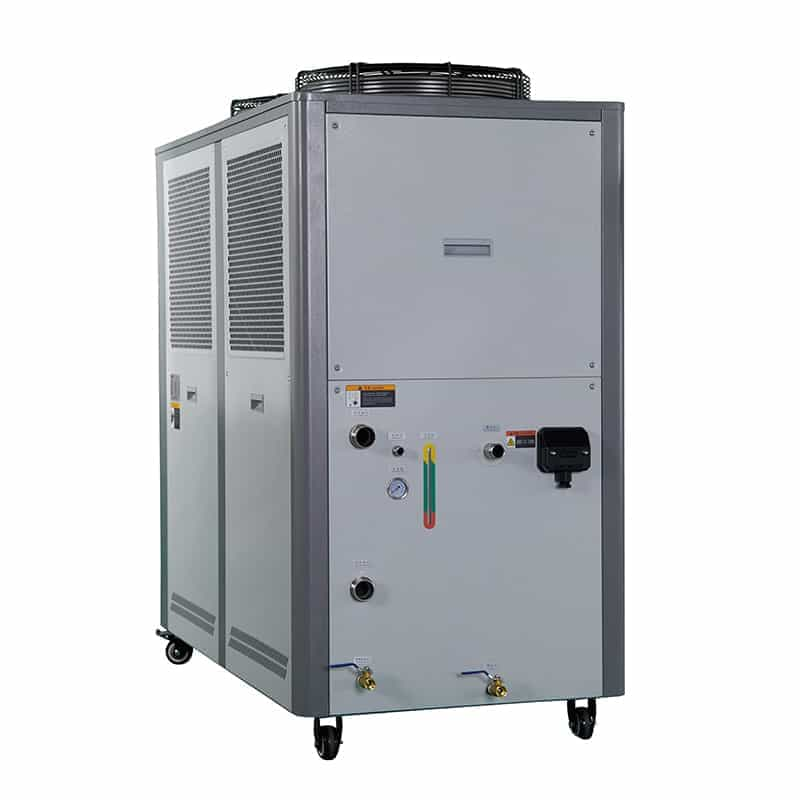
# High-Precision Industrial Chillers for Advanced Manufacturing Processes
## The Critical Role of Industrial Chillers in Modern Manufacturing
High-precision industrial chillers have become indispensable components in advanced manufacturing processes across various industries. These sophisticated cooling systems maintain exact temperature control, ensuring optimal performance of sensitive equipment and consistent product quality in demanding production environments.
## Key Features of High-Precision Industrial Chillers
### 1. Exceptional Temperature Control Accuracy
Modern high-precision chillers offer temperature stability within ±0.1°C or better, making them ideal for applications requiring tight thermal regulation. This level of control is particularly crucial in:
– Semiconductor manufacturing
– Pharmaceutical production
– Laser processing
– Medical device manufacturing
### 2. Advanced Control Systems
State-of-the-art industrial chillers incorporate:
– Microprocessor-based controllers
– Touchscreen interfaces
– Remote monitoring capabilities
– Predictive maintenance features
### 3. Energy-Efficient Designs
Leading manufacturers now prioritize energy efficiency through:
– Variable speed compressors
– Heat recovery systems
– Optimized heat exchanger designs
– Smart load-matching technology
## Applications Across Industries
### Electronics Manufacturing
In semiconductor fabrication, high-precision chillers maintain critical temperatures for:
– Photolithography equipment
– Etching machines
– Chemical vapor deposition systems
### Medical and Pharmaceutical
Keyword: High-Precision Industrial Chillers
Temperature-sensitive processes rely on industrial chillers for:
– MRI machine cooling
– Laboratory equipment temperature control
– Vaccine production environments
### Automotive Industry
Advanced manufacturing processes utilize chillers for:
– Laser welding systems
– Battery production for electric vehicles
– Paint booth temperature regulation
## Choosing the Right High-Precision Chiller
When selecting an industrial chiller for advanced manufacturing applications, consider:
Cooling Capacity: Match the chiller’s capacity to your specific thermal load requirements.
Temperature Range: Ensure the unit can maintain your required temperature setpoints.
Pump Performance: Verify flow rate and pressure capabilities for your system.
Control Features: Look for programmable logic and connectivity options that integrate with your manufacturing systems.
## Maintenance and Optimization
To ensure peak performance of high-precision industrial chillers:
– Implement regular preventive maintenance schedules
– Monitor refrigerant levels and system pressures
– Clean heat exchangers and filters periodically
– Calibrate temperature sensors annually
– Train personnel on proper operation procedures
## Future Trends in Industrial Chilling Technology
The industrial chiller market continues to evolve with:
– AI-driven predictive maintenance systems
– IoT-enabled remote diagnostics
– Environmentally friendly refrigerants
– Compact, modular designs for flexible deployment
– Enhanced energy recovery systems
As manufacturing processes become more sophisticated and demanding, high-precision industrial chillers will play an increasingly vital role in maintaining process stability, improving product quality, and reducing energy consumption across industries.